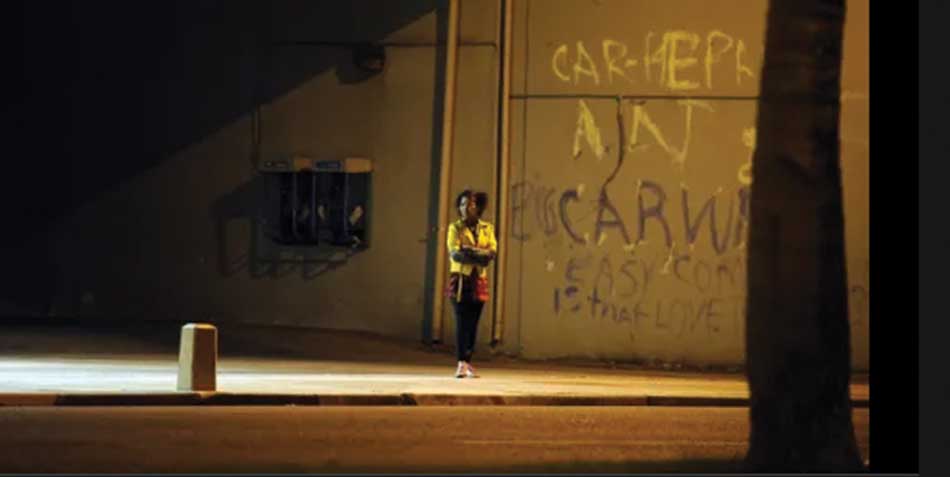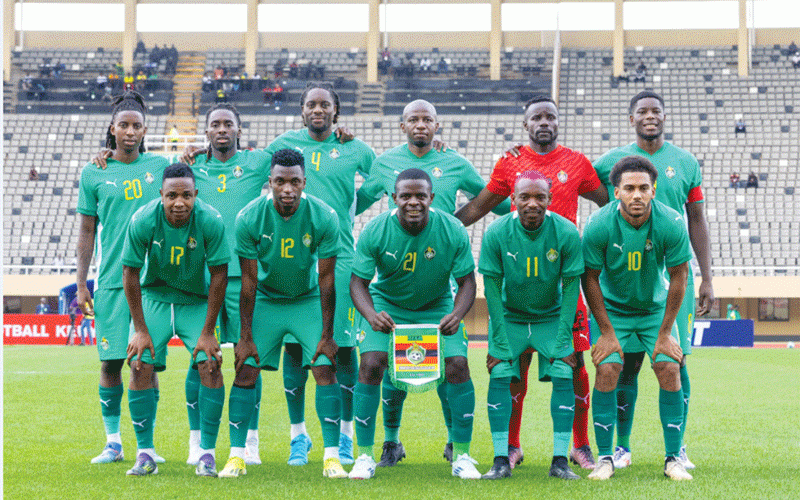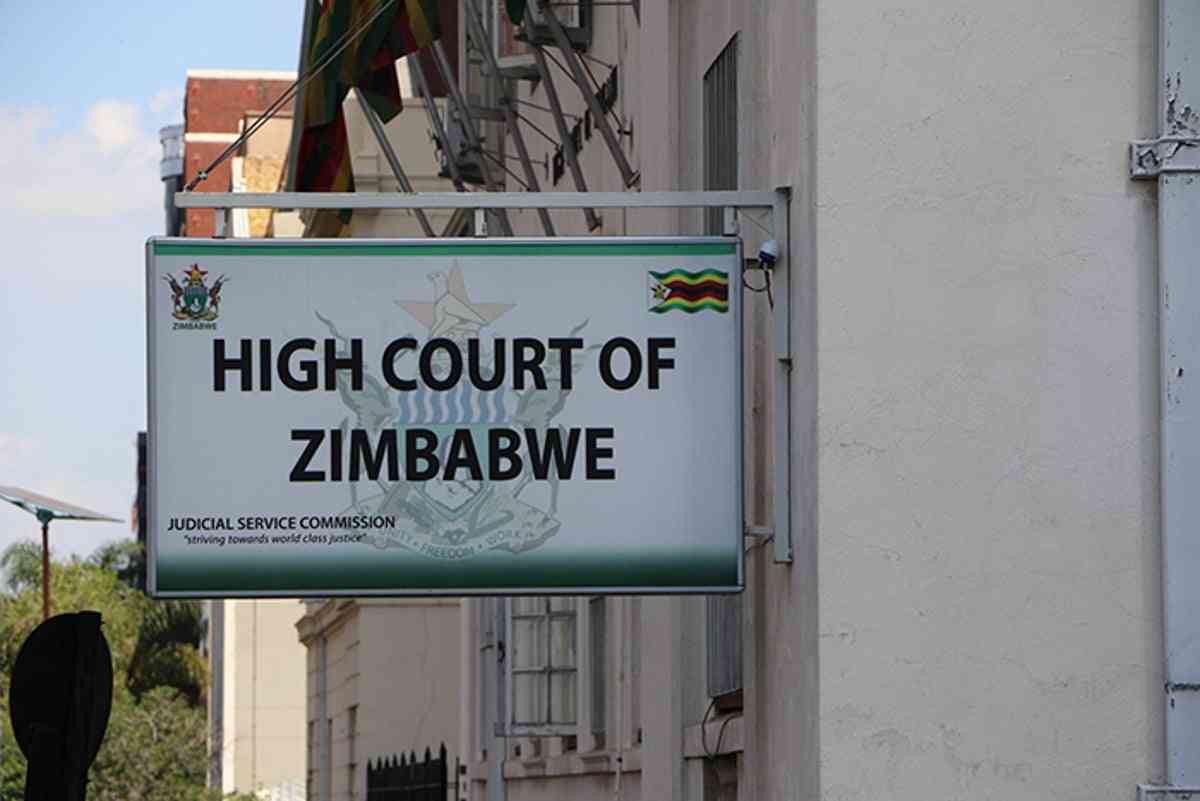
AT the age of 11, Lydia Murwira lost her father to Aids, and two years later, Aids struck again, claiming the life of her mother.
Murwira did not stay long at the family’s home in Budiriro, a high-density suburb in the capital Harare, before she fled from abusive relatives who came to live with her after her mother’s death.
Having lost all four siblings born after her to HIV-related illnesses, Murwira later found out that she, too, was born HIV-positive, a revelation she learned from her family that she confirmed in a medical test.
Street life
Now nearly 15, Murwira lives on the streets of Harare, where she has had to sell sex in order to survive.
“I have sold sex, sleeping with anyone with money to help me buy food, and I have not disclosed my HIV status,” she said.
Murwira said she witnessed the deaths of other homeless children on the streets — due to Aids.
She claimed, however, that she knew some of the late underage girls to be Aids victims because, like her, they faced abuse on the streets and have also sold sex.
- Chamisa under fire over US$120K donation
- Mavhunga puts DeMbare into Chibuku quarterfinals
- Pension funds bet on Cabora Bassa oilfields
- Councils defy govt fire tender directive
Keep Reading
According to her, among the dead girls were eight of her own friends, who she witnessed turning frail and dying of the disease.
“I know because some of them told me they were born infected with the disease and their parents died from Aids.”
Like Murwira, these girls were alone following the deaths of their parents and the streets became their home while they were alive.
Today, the streets of Harare, for instance, have become home to thousands of children.
Not spared by Aids
Many children like Murwira are now having to contend with the feared HIV and Aids in the southern African country.
This has meant that hundreds of homeless children across Zimbabwe’s towns and cities have become the latest among the growing casualties to Aids.
Child rights defenders have said the question of Aids and Zimbabwe’s homeless children has for years been a difficult equation to solve.
“Children living on the streets are difficult to manage. At one moment they accept to be rounded up and kept in charity homes, but sooner or later, they bolt away, heading back to the streets to enjoy their liberty, spreading diseases among themselves,” Eric Mthombeni, a child rights activist in Zimbabwe, told Anadolu Agency.
With many Zimbabwean Aids-stricken underage girls like Murwira soldiering on with life on the streets, more than 1,6 million Zimbabwean children are orphans, according to the country’s Health ministry.
Yet, according to the World Health Organisation, Zimbabwe is one of the countries hardest hit by HIV in sub-Saharan Africa, with the Joint UN Programme on HIV and Aids (UNAids) currently putting the number of people living with HIV and Aids in Zimbabwe at about 1,4 million, among which are children under the age of 15, like Murwira.
The Health ministry reports the number of HIV-positive children as more than 105 000, of which only about 13 000 are on treatment.
Stigma and discrimination
With homeless orphaned children succumbing to HIV and Aids, health experts here point to stigma barring them from getting care from relatives.
“Stigma and discrimination still prevent HIV-positive children who are orphans from being adopted or effectively cared for by relatives,” Menzisi Nhlangano, a health officer at a private hospital in Harare, told Anadolu Agency.
In fact, said Nhlangano, individuals do not want to adopt HIV-positive children into their families.
“They prefer adopting healthy children. You would realise that even orphanages claim they have no room for sick children, which becomes the reason why orphaned HIV positive children end up leading homeless lives on the streets in towns and cities.” — Anadolu Agency











